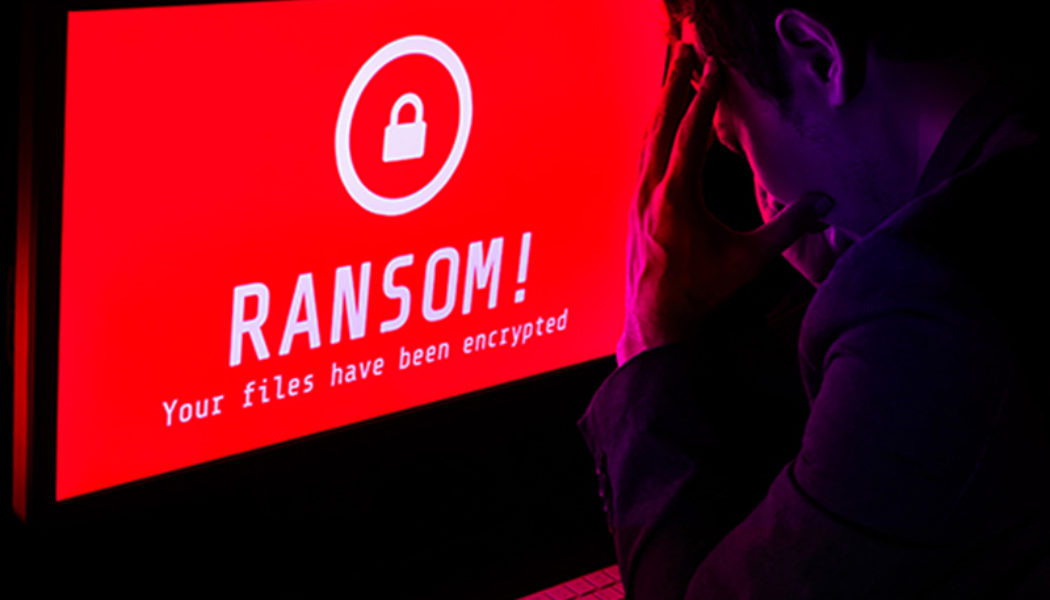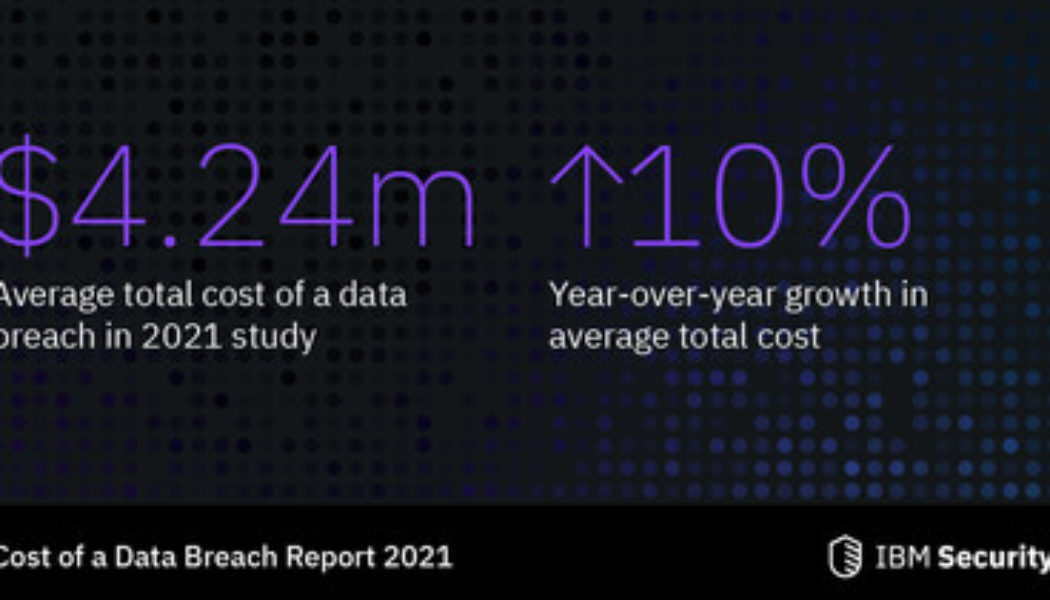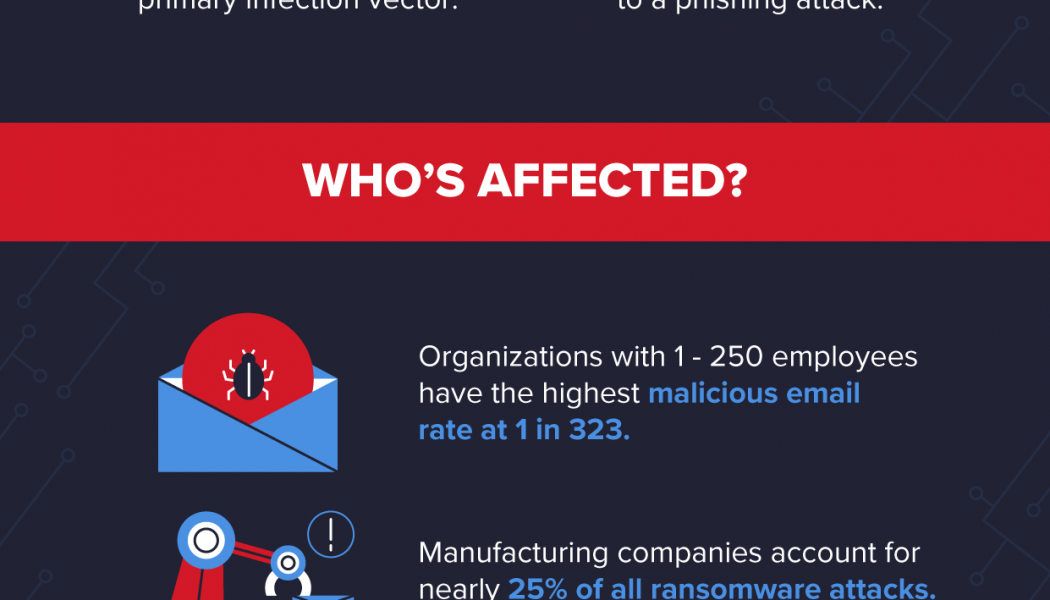Data Breach South Africa
When Ransomware Strikes, Can You Recover Fast Enough?
Sourced from Kaspersky Ransomware attacks have become increasingly common, and they are even available on the dark Web to purchase as a service. There have been many incidents in the news, where major companies have been left with little choice other than to pay the ransom to get their data back, often amounting to hundreds of thousands of dollars. The reality is that ransomware and other cyberattacks have become a question of when not if. The ability to respond and recover quickly has therefore become an essential part of successful ransomware defence, but it is something many organisations, especially in South Africa, struggle with. Consider Some Statistics The State of Ransomware report from security firm Sophos reveals that, over the last year, the average cost of remediating a ransomw...
Almost 50% of South Africans Will Avoid a Service Provider Following a Data Breach, Research Shows
Nearly half of South African consumers (46%) would walk away from an online service provider if it suffered any form of data breach, according to a global study by Kaspersky. The idea of avoidable data misuse is likely to incur even greater wrath from respondents, however, with 68% affirming they would no longer use the provider for fear of their data being sold to a third party in this case. As consumers understand more about businesses’ data privacy responsibilities, more transparency is needed from those companies about how they handle user data. Having to shop, be entertained, communicate and conduct business virtually is likely to have sparked heightened awareness about how much data is being offered, and what the upshots of this proliferation could be. Over two-thirds (67%) of respon...





